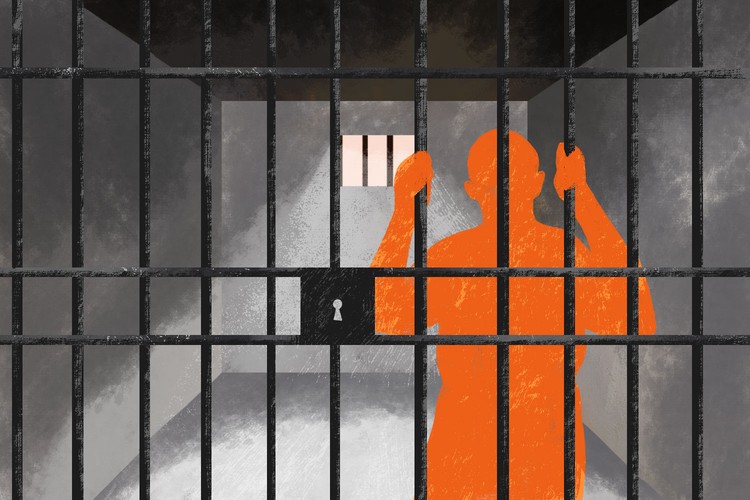
27 August 2024
Until new legislation is passed, says Lawyers for Human Rights, the Judicial Inspectorate of Prisons is accountable to the very department over which it is meant to have oversight. Graphic: Lisa Nelson
A key draft statute that would make the prisons watchdog fully independent of the Department of Correctional Services (DCS) has been stuck in the legislative process for nine months.
Meanwhile, the Correctional Services Amendment Act, which partially secures the watchdog’s independence, has been signed into law by President Cyril Ramaphosa, but the amendments will come into operation only on a date determined by the President, which he has not yet done.
The amended Act vests the administrative, financial and clerical functions of the Judicial Inspectorate of Correctional Services (JICS) in JICS’s own Chief Executive Officer (rather than the National Commissioner of prisons), provides for the appointment of the CEO by the Minister rather than by the National Commissioner, and provides that JICS’s budget is granted directly by Parliament rather than by DCS from its own budget.
In addition, within the structures of the civil service, JICS was formally declared an autonomous National Government Component (NGC). But, despite its requests, JICS has not yet been added to the official list of NGCs.
The resulting situation is “vexing for all concerned”, said JICS acting spokesperson Lennard De Souza.
Speaking to GroundUp on the sidelines of a sitting of Parliament’s Correctional Services Portfolio Committee last week, De Souza said JICS had been told that the Correctional Services minister was seeking agreement from the Minister of Finance and the Department of Public Service and Administration to formally list JICS as an “autonomous National Government Component”.
He said the delays were out of JICS’s control but affected its functioning.
De Souza said when the pending draft statute was enacted, among other things:
In addition, JICS plans to open a new regional office in the Limpopo-Mpumalanga-North West region, bringing the number of JICS regional offices to six.
Department of Correctional Services media liaison officer, Euné Oelofsen, confirmed that consultation was taking place with the Ministers of Finance and Public Service Administration. “These engagements are in process,” she said.
The head of Lawyers for Human Rights Penal Reform Programme, Nabeelah Mia, told GroundUp that until the amendments to the Act were fully brought into effect, “the unconstitutional structures are still in effect”.
Mia said that, formally, JICS remained “accountable to the very department that it is meant to have oversight of”.
“This affects the level of oversight that can be provided to ensure the safety of those incarcerated and the ability of JICS to provide effective oversight without reprisals,” she said.
The Inspecting Judge, Justice Edwin Cameron, met the Portfolio Committee to discuss prison conditions and how JICS fulfills its mandate. Portfolio Committee member Janho Engelbrecht (DA) said the committee had thought the amendments to the Correctional Services Act, enacted last year, and signed by the President, would have been brought into full effect by now. “JICS is a victim of a wholly underfunded budget,” added Engelbrecht.